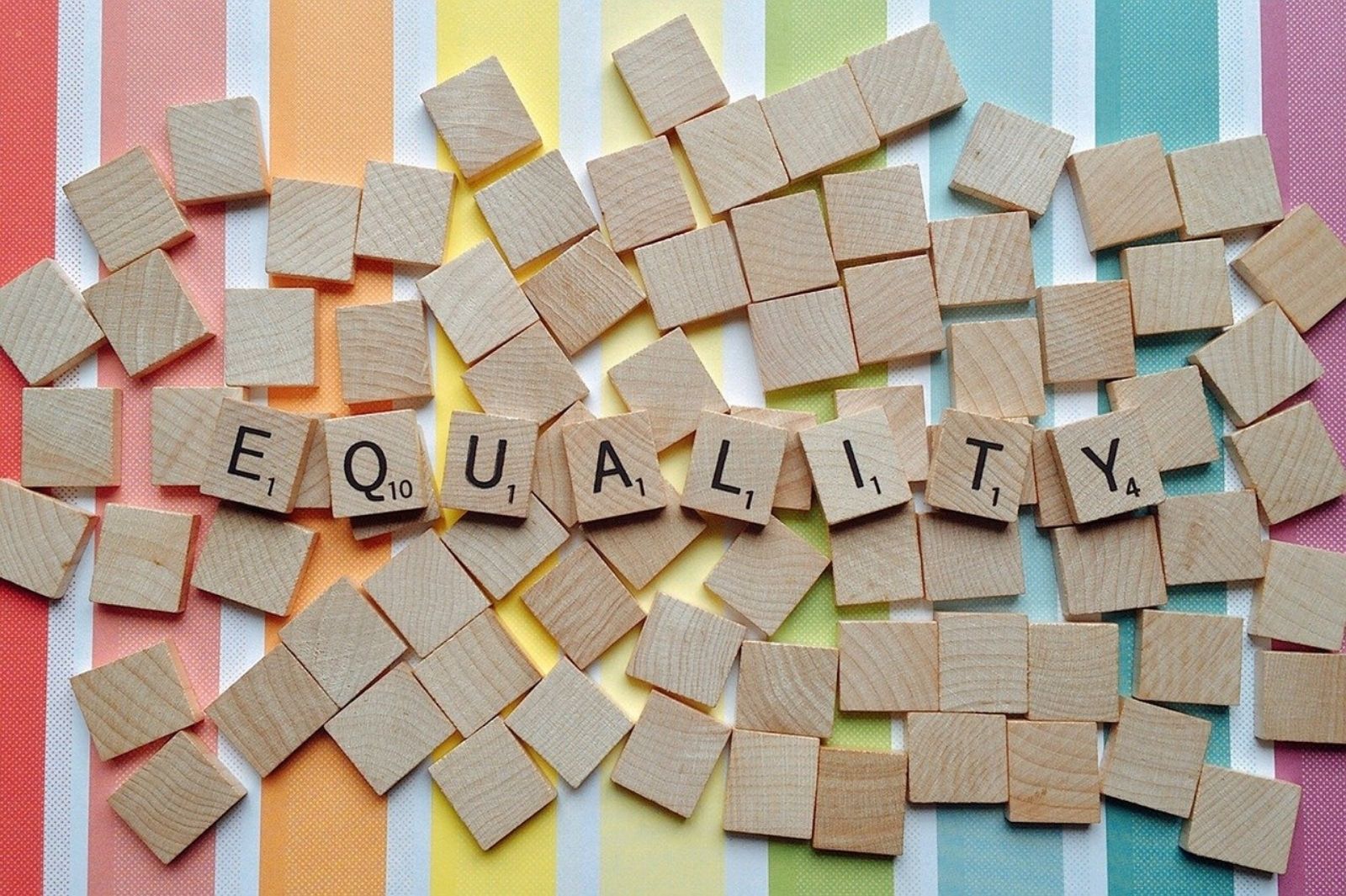Blog: ‘Praying away the gay’?
Date 13.05.2021

Earlier this week, The Queen announced during her speech to Parliament that so-called Gay Conversion ‘Therapy’ will become illegal in England and Wales.
But what is it and where does it come from? And why is it important that it will be banned? Lecturer in Psychology Carey Allen casts a professional eye on this news.
What is Gay Conversion ‘Therapy’?
Dare we guess that it is a ‘therapy’ trying to stop someone being gay? Yes, that’s right – its exactly what is says on the tin. And, believe it or not, it is still practised…and it is still legal!
Gay Conversion ‘Therapy’ is basically any treatment or therapy that tries to change someone who is gay to make them non-gay, in other words heterosexual. The word ‘therapy’ sounds like this practice is something helpful, but in reality it is harmful and can bring long lasting psychological and sometimes physical damage to the individual (hence my deliberately putting inverted commas around that word in this article).
Religious beliefs about same-sex relationships have a long history. Some interpretations of the bible go so far as to suggest that men that go to bed with other men should be put to death, and some infer that the Koran doesn’t go as far as death and just suggests punishment.
However, the overwhelming consensus from many religions is that homosexuality and lesbianism is unnatural and therefore many religions retain the right to ‘pray away the gay’.
Religious writings and rules affect laws and they also affect how people think and how society treats certain practices. Gay conversion as a practice originated from the beliefs early in the 20 century that being homosexual, or bisexual was pathological, in other words that it was a mental illness and needed fixing or needed curing.
The British Psychological Society has for many years campaigned that conversion ‘therapy’ is in fact unethical, harmful and should be banned. Historically famous mathematicians such as Alan Turing (his work shortened the second world war by four years), had to go through barbaric practices such as chemical castration to try and change their sexuality. In the extreme, ‘corrective rape’ has been carried out to try and change the sexuality of the individual. During the 60’s and 70’s electric shock therapy has been carried out to try and ‘shock away the gay’.
Many of these historic practices are now illegal, didn’t work and are not practiced. However, psychiatrists still offer conversion ‘therapy’ by trying to change the way the person thinks about same-sex relationships.
There is no psychological training for conversion ‘therapy’, but some practitioners still offer ‘Reparative or Conversion Therapy’ to repair the individual. In the UK, 5% of the LGBTQ+ community have been offered conversion ‘therapy’. In America, nearly 700,000 individuals have been treated with Conversion ‘Therapy’, and 16,000 under 18-year-olds are due to receive it this year. That’s right and that is this year, 2021!
Many organisations have been pushing to stop conversion ‘therapy’ in all its forms, whether it be ‘psychoanalysing away the gay’ or ‘praying away the gay’. Numerous individuals have been scarred for life and traumatised by the practice, they have felt persecuted and demonised by the focus on their sexuality being wrong or unnatural.
Finally, why are we still defending the right of an individual to enter a relationship with the same sex? Isn’t it time this argument was put to bed, so to speak?
We are no longer in 1921, we have moved on as a society; in 2021 its almost unbelievable that this is still a debate. Some individuals in the church are proposing that banning praying to change a person’s sexuality goes against human rights, they say people should be able to pray for what they want.
But it’s not about the freedom to pray – gay conversion praying is perpetuating the belief that being gay is wrong, now that is something that goes against human rights. It’s a human right to choose our sexuality and not to be condemned for it or treated as ‘less than’ a human being, who needs changing. Ultimately, diversity and individual differences should be celebrated for the beauty and wonder that they bring to the human race.